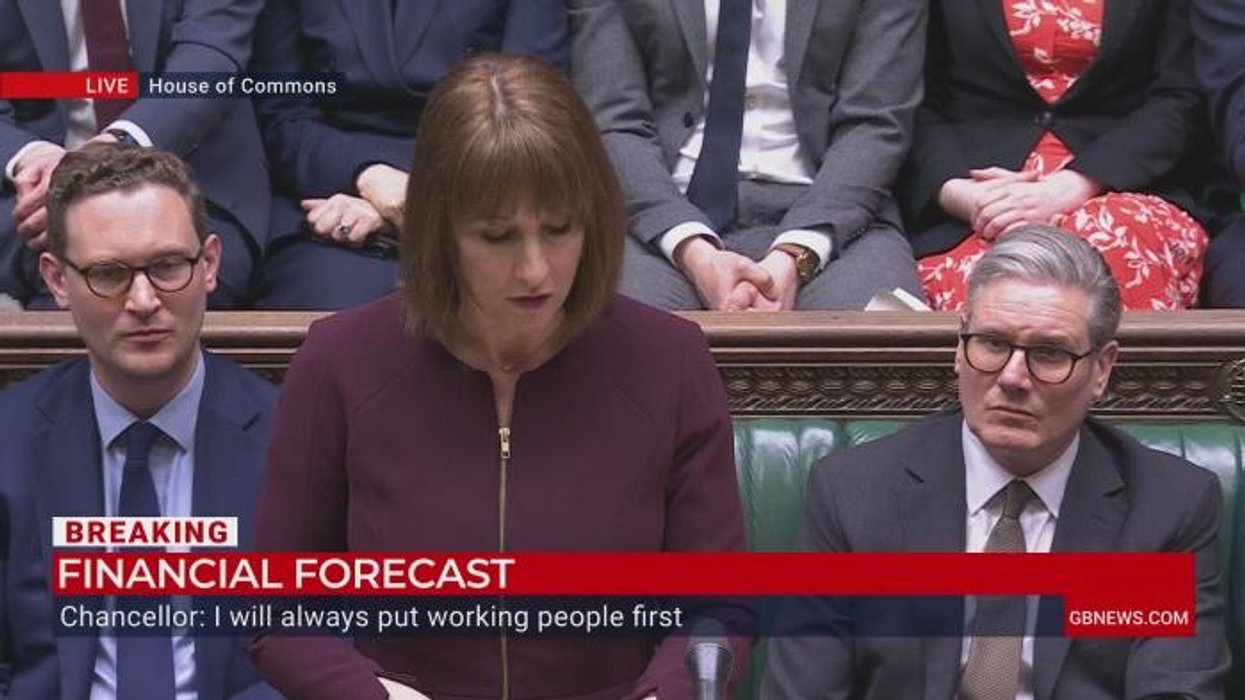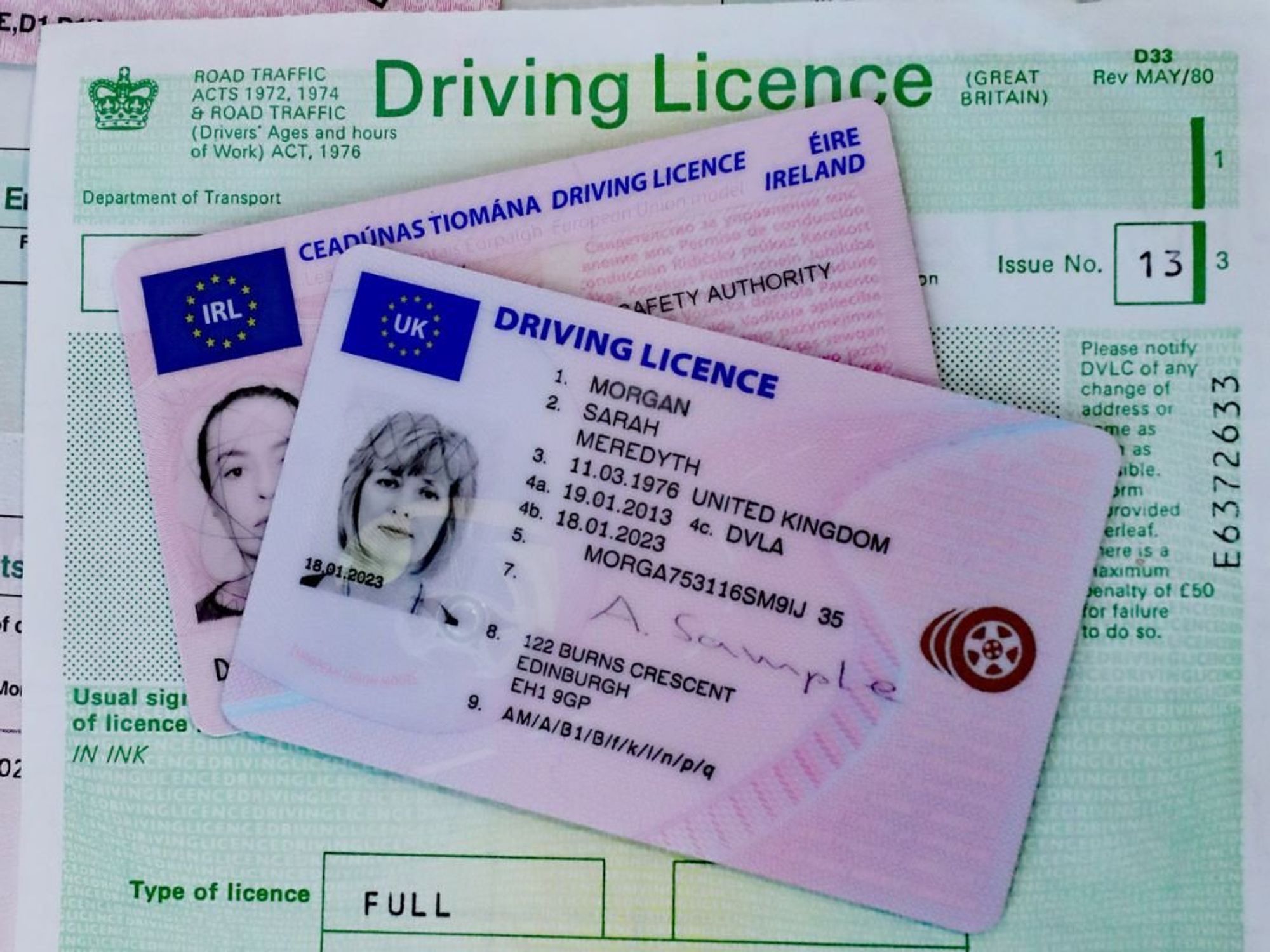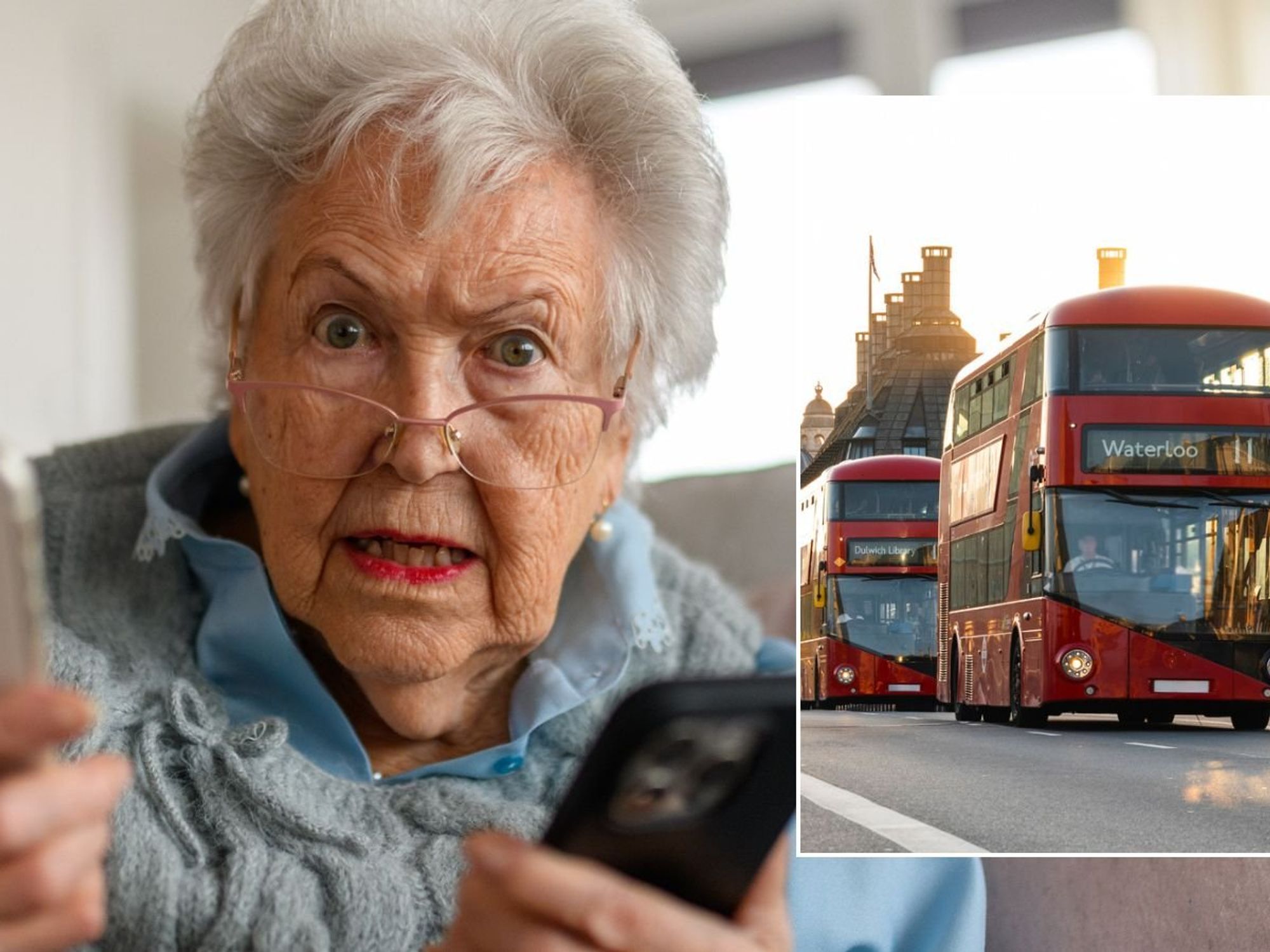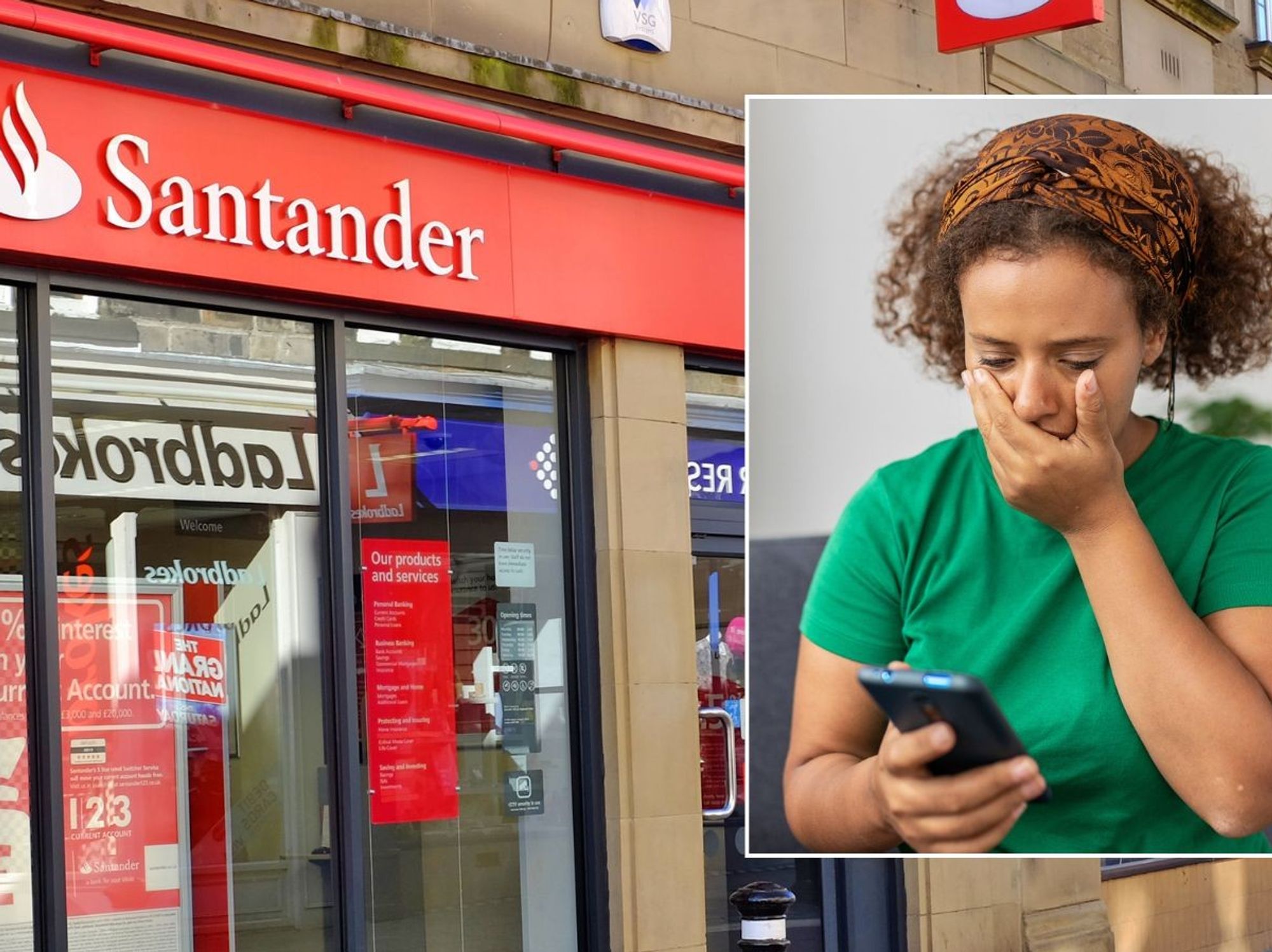'I won't put the lights on as I choose darkness over electricity costs' - Mother left with just £3.75 after Universal Credit delay

Debt charity warns five-week delay is trapping millions in financial crisis ahead of Autumn Budget
Don't Miss
Most Read
A mother from Kent survives on just £3.75 whilst enduring the mandatory five-week delay for Universal Credit payments, exemplifying the financial crisis confronting countless British families.
Tina, who asked to not have her last name included, fled domestic violence and battles debilitating debt alongside depression.
As it stands, she has 75p in her bank account, £1 in savings and £2 in cash.
She depends entirely on food banks for survival as bailiffs continue pursuing her for unpaid bills.
Her predicament reflects a widespread crisis identified by debt charity Christians Against Poverty, whose research reveals that nearly a quarter of UK adults, approximately 12.5 million people, reduced home heating due to financial pressures.
TRENDING
Stories
Videos
Your Say
When describing her two-week wait for Universal Credit, Tina told GB News: "It's horrible, I am scared. I had to phone housing and say, 'Sorry, I can't afford bedroom tax.' That's what's keeping a roof over my head."
She described haunting memories of previous debt struggles returning.
"For me, it brings me flashbacks when I was up to my eyeballs in debt before, thinking, 'Have I got enough pennies to get a pint of milk and have a tea or coffee?
"Evening decisions involve choosing darkness over electricity costs. I sit here on an evening and think, 'No, I won't put the lights on."
She has contacted every creditor, explaining her inability to pay stems from having no money rather than refusal.
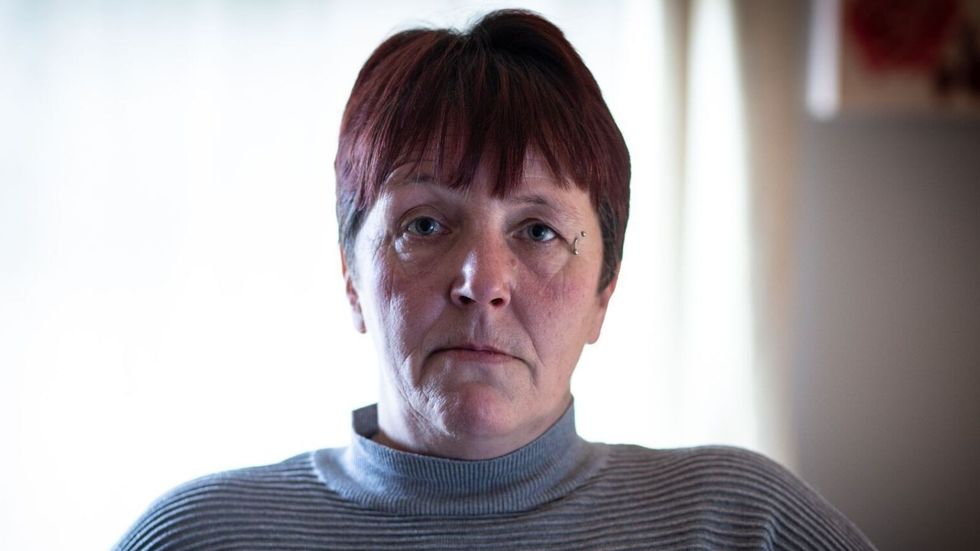
She depends entirely on food banks for survival as bailiffs continue pursuing her for unpaid bills
|CAP
Her experience reflects a wider crisis, with more than 7 million people going without meals to save money.
The charity demands urgent Government action before the Autumn Budget, proposing that advance payments become non-repayable grants rather than loans that trap vulnerable claimants in debt cycles.
Advance payment loans are a form of borrowing money before a scheduled payment, like a Universal Credit advance to cover costs while waiting for a first benefit payment, or a salary advance for employees.
The main downside is that the loan must be repaid, which can lead to reduced future payments, which can cause future financial difficulty.
"What I'll do is when the money comes in, I will sort it out. I won't pay the lot off in one go. I'll make a payment plan up with you," Tina told the creditors.
Stewart McCulloch, chief executive of Christians Against Poverty, warned that the five-week delay actively prevents people from escaping poverty, contradicting the Government's stated mission of "raising living standards in every part of the United Kingdom."
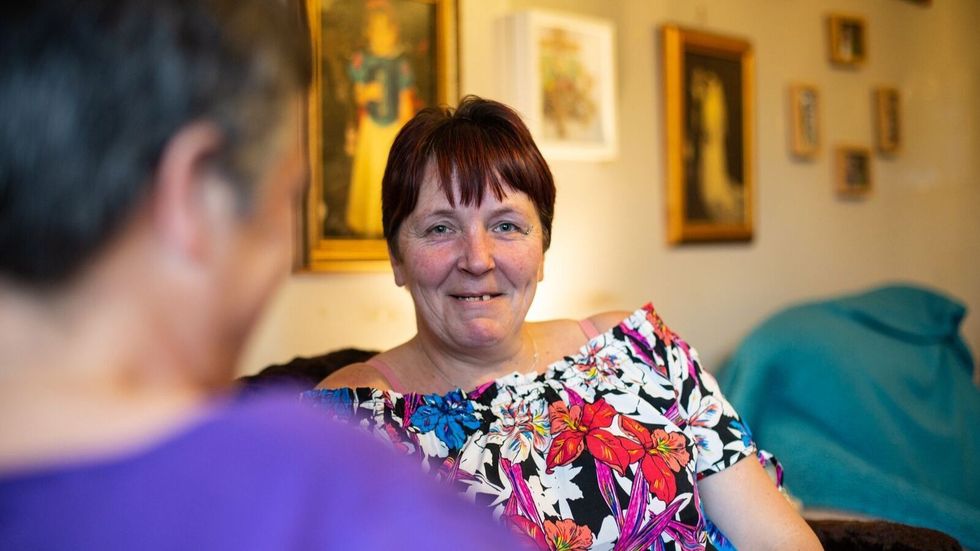
The mother described haunting memories of previous debt struggles returning
|CAP
"The five week wait creates a cycle of hardship that later Government policies then have to spend money to fix," Mr McCulloch said.
"It actively works against providing stability and a foundation for people to get back on their feet."
The charity reported that 58 per cent of their clients receive Universal Credit, carrying average debts approaching £16,000.
Mr McCulloch emphasised that whilst advance payments exist, they constitute loans requiring repayment from future benefits.
"For someone already in crisis, as most of our clients are, starting a claim by taking on new debt is a devastating blow," he said. "The safety net must be there when people fall, not five weeks later."
Recent polling commissioned by Christians Against Poverty revealed the scale of Britain's financial emergency.
Research conducted by Opinium found that 23 per cent of UK adults, representing 12.5 million people, cut back on heating their homes within the past year due to money worries.
Whilst advance payments offer temporary relief, they must be repaid through deductions from future benefits, typically over 24 months.
The Government recently reduced maximum deductions from 25 per cent to 15 per cent of standard allowance, yet this still leaves claimants receiving less than their full entitlement."
Imagine facing that reality and then being told your main source of income won't arrive for five weeks," Mr McCulloch said.
"For thousands, the answer is to turn to credit cards, doorstep lenders, or fall into arrears, embedding debt and anxiety into their lives from day one."
LATEST DEVELOPMENTS:
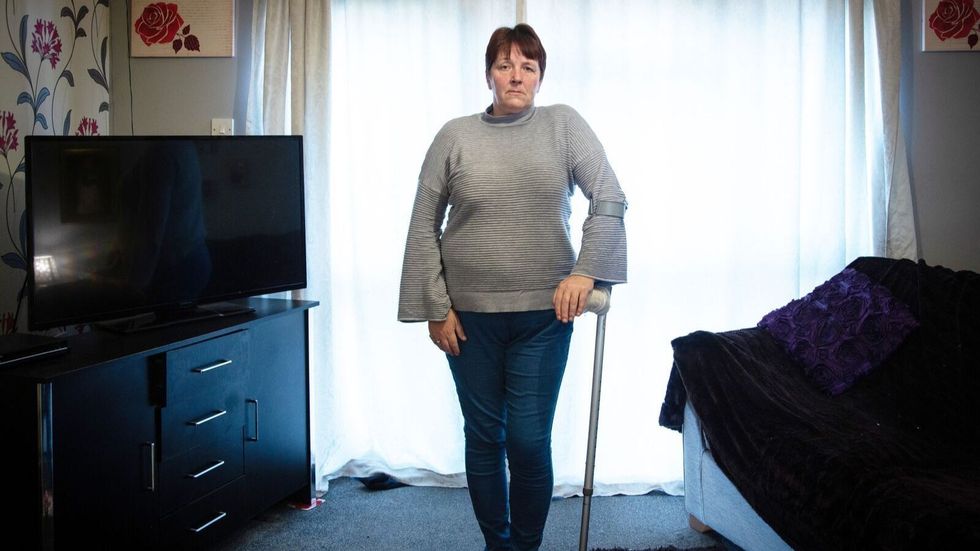
The data showed more than 7 million adults skipped meals to reduce food costs
|CAP
Christians Against Poverty urged Rachel Reeves to transform advance payments into non-repayable grants before the Autumn Budget, ending a system that forces desperate claimants into immediate debt.
"Don't offer someone an advance. What's the easiest thing to get into but the hardest thing to get out of? Debt," Tina told the Government.
She suggested alternatives including vouchers for gas, electricity and food that cannot be spent elsewhere.
The charity's frontline debt advisers encounter similar stories nationwide, with clients already facing average debts of nearly £16,000 before Universal Credit delays compound their struggles.
"Ending the five week wait by converting advance payments into non-repayable grants would be the single most effective step to ensure Universal Credit truly offers a lifeline, without a devastating delay," Mr McCulloch said.
The proposed reform would prevent vulnerable people from beginning their benefits claim by accumulating additional debt they must repay over two years.
More From GB News


